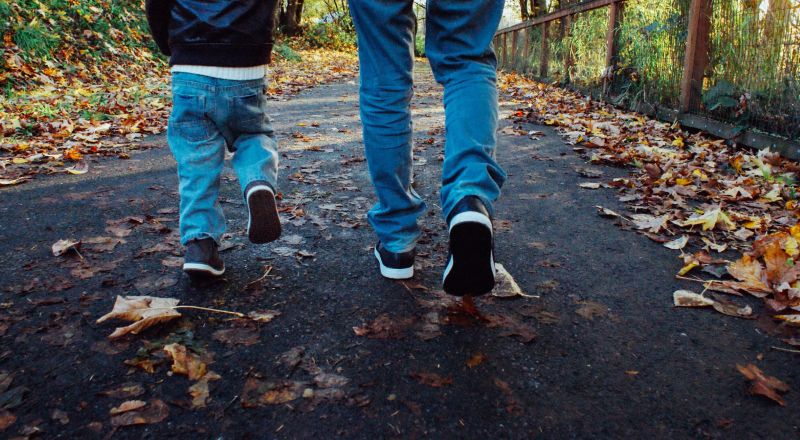
A new study suggests that encouraging children to empathize with nature could influence their attitudes about the environment.

By Terri Huggins
Lifestyle writer, parenting writer, race and culture writer, and speaker
Introduction
With the threat of global warming and the debates about its existence growing stronger, many of us lean on the hope that future generations will have the knowledge and kindness needed to preserve our environment.
But how can we help young people grow up to be guardians of the planet? A recent study found that children who are more empathic toward nature have more positive attitudes about behaviors that protect the environment.
Love Your Neighbor vs. Love the Nature
When we think of empathy, we tend to envision the ability to identify specific feelings in someone, often distressing ones, and respond accordingly with caring behavior. The idea of empathy toward humans can also apply to empathy toward nature, which is what researchers looked at in this study. People who feel empathy for nature adopt the perspective of animals in pain, for example, and are more inclined to help them.
Researchers read a story to girls ages four and six about someone who lost their favorite book and another story about animals who lost their shelter in a forest fire to monitor their reactions. Children were considered to be more empathic if they accurately described the character’s feelings and expressed strong feelings of their own toward the story, and if they hinted that their feelings stemmed from the ability to put themselves in the character’s position.
Following the story, the children were shown different photos of specific “green” behaviors and their opposites: turning water off quickly after washing their hands or not turning it off, riding a bike or driving a car, chopping down a tree or watering a plant, and dirty ocean water versus fish swimming in the ocean. There was even a photo to exemplify noise pollution: someone listening to their phone loudly or someone wearing headphones while on a bus or train. The children were then asked how much they liked each photo.
Children who were more empathic toward people or nature had more positive associations with environmentally friendly actions. This pattern was even stronger for empathy toward nature compared to empathy toward people.
The researchers point out that most environmental education is heavily focused on action, such as spending time in nature or visiting museums to learn about nature. However, it doesn’t address how children feel toward nature.
“Our study suggested that it is necessary to integrate empathy with nature in early childhood environmental education practices,” the study authors write. “Compared with action-oriented practices, educational practices involving empathy with nature may better shape children’s intuitive environmental thoughts and feelings [and] might be more long-lasting due to its ability to change children’s internal thinking and intrinsic motivation for environmental protection.”
Other research on adults suggests that empathy toward nature is foundational to developing fond feelings of engagement in environmentally friendly activities. Some researchers suggest that pro-environmental behaviors such as recycling, water conservation, and making “green” purchases are motivated by empathy. If you can feel for turtles struggling to swim, birds falling out of the sky, or even a dying tree, the thinking goes, you are more inclined to act in ways that can help the situation.
Empathy-To-Attitude Pipeline
Understanding how children process empathy toward nature and their resulting attitudes could be helpful as we think about designing early childhood education.
There’s still an open question of whether positive attitudes in children will lead to pro-environmental behaviors when they become adults. It’s possible for us to care about the environment but still engage in activities that hurt it, as some of us adults do.
Still, it inspires hope knowing that helping children care about nature might affect their attitudes about environmental behaviors. It may only be a small beginning, but it’s a beginning that can lead to a strong impact.
Originally published by Greater Good Magazine, 01.14.2025, under a Creative Commons license.






